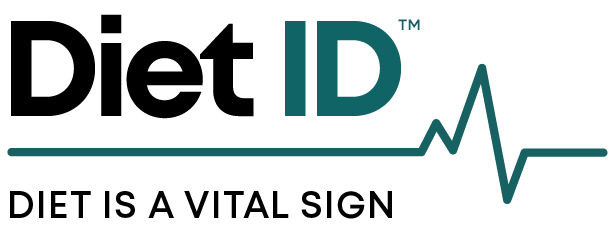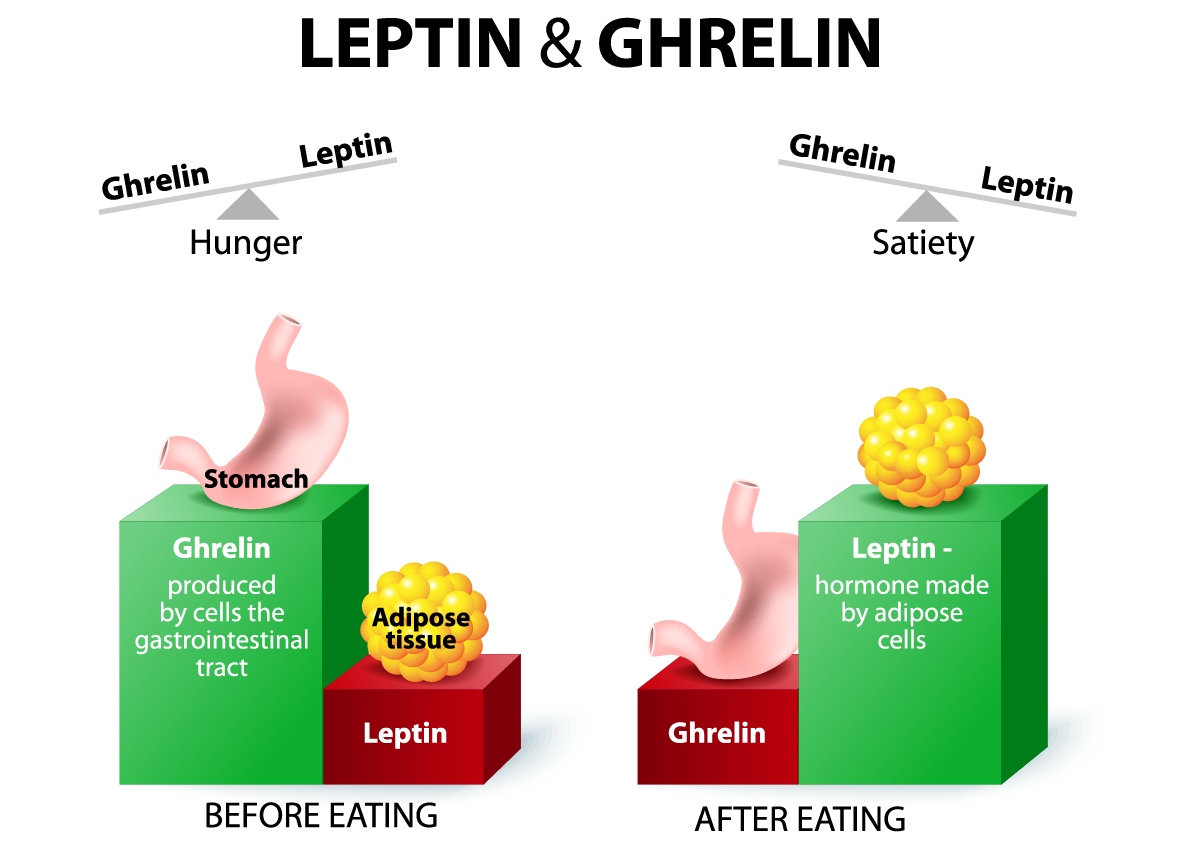Do you notice that you crave junk food more when you’re sleep deprived? Many of us are sleeping less during the pandemic, whether due to stress, shifting responsibilities, or both. We’re also having trouble resisting foods that we know aren’t the best for our health.
It’s not in your head. Studies have shown that both quality and quantity of sleep have a profound effect on appetite and even willpower. Sleep deprivation disrupts our normal, delicate balance of appetite-regulating hormones, which results in an increased desire for high-calorie, salty/sweet/fatty foods, even when we’re not hungry.
These hormones are critically important. Leptin, made by your fat cells, and ghrelin, released in the gastrointestinal tract, act as a push-pull system to regulate your appetite and energy balance. Under ideal circumstances, this helps you to both moderate your food intake and keep a healthy weight.
Leptin, which decreases appetite, is released into your body after eating, and it helps signal you stop by making you feel full. Ghrelin is the opposite: it increases appetite and is released when your blood sugar drops and your body needs food.
What does this have to do with sleep? Well, as it turns out, these powerful hormones, in addition to helping to control your appetite, also play a major role in sleep. Studies suggest that sleep deprivation causes leptin levels to drop. The less leptin in your blood, the weaker your signal is to stop eating – which translates into increased hunger. To add insult to injury, less sleep is also associated with higher levels of ghrelin.
What about long-term effects? Sleep deprived people, in general, have a higher level of ghrelin and a lower level of leptin in their blood than well-slept folks. And obese and overweight people have higher levels of leptin and lower levels of ghrelin in their blood than normal weight people.
Interestingly, obese individuals are at a higher risk of being leptin-resistant, meaning that in spite of high levels of leptin, leptin receptors in the cell don’t sense the presence of the hormone, so the balance is thrown off. This might explain, in part, why obesity is so difficult to reverse: the hunger hormones do not function properly.
You may be thinking: If leptin is an appetite suppressant, why not just get leptin injections? Won’t increased leptin in the body fix the appetite problem? This was once a promising idea — but unfortunately it doesn’t work, unless you are leptin deficient. More does not reduce appetite or hunger. Your body is just too smart.
The good news is that restful sleep can restore leptin and ghrelin to normal levels, and improved sleep habits over the long term can have lasting, positive effects on weight management. Aim for at least 7 1/2 hours every night, ideally 8 1/2. Add in your strategic diet and exercise efforts, and you’re on your way to optimal weight management.
The usual lifestyle strategies work too, even when you’re tired. For example, keeping your blood sugar levels stable is key to conquering cravings and staving off hunger. To do that, focus meals and snacks on foods low in sugar and high in fiber, with moderate amounts of protein and healthy fat. And remember, don’t allow yourself to get too hungry — eat every few hours, even if just a little snack in between meals, like a handful of raw nuts, a 1/2 sandwich, or small container of unsweetened yogurt. Drinking plenty of water is also a great strategy for feeling full and controlling portions.
And last but certainly not least, regular exercise is the best medicine for fatigue. Severely sleep deprived? Try 3-4 mini workouts rather than one big one. You can get back to your routine when you catch up on sleep.



